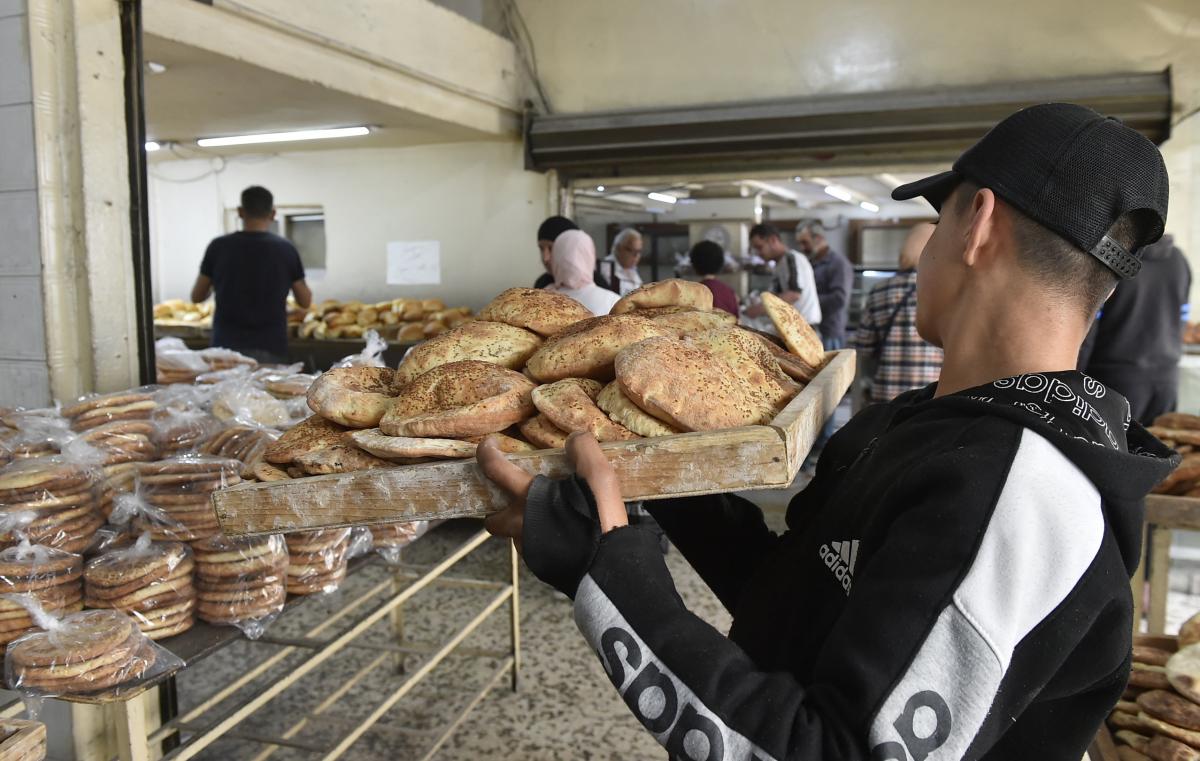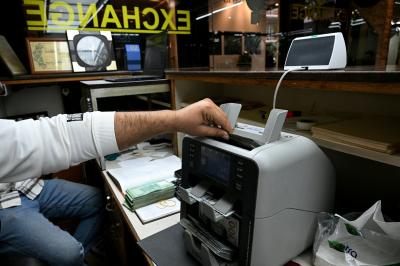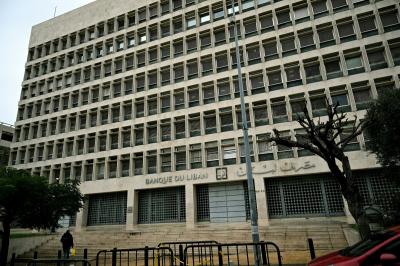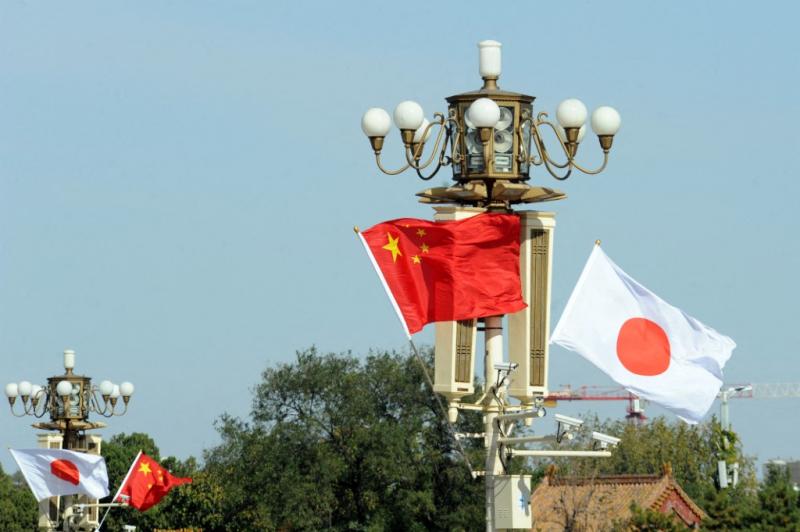This 1st of May Day, no room for poetry… Despite the emotional appeal celebrating workers’ struggles and sacrifices, evoking sympathy through their hardships, none of that “puts bread on the table.” An empty stomach is a heavy burden—not just on the worker, but on the economy. Unless workers are granted fair material and moral compensation, and the yawning chasm between them and the minority hoarding the world’s resources is bridged, there will be no social justice, and prosperity will remain a distant dream.
In Lebanon, workers awaited the Labor Minister’s announcement of an increase in the minimum wage as a sort of May Day “gift.” The gesture, hastily prepared, still lacks the endorsement of employers, so it will be delayed by a few days. But even once announced, the raise itself will barely make a difference. The proposed increase would bring the minimum wage from 18 million LBP to 23 or possibly 27 million—roughly between $256 and $300 at current market rates. Yet, this new minimum wage only covers 56% of the “survival-level basket of expenses” for a five-person household, which the World Food Programme estimates at $452 for 2025. According to researcher Mohamad Chamseddine from Information International, the actual minimum cost of living (excluding medicine and healthcare) is closer to $900—meaning the proposed wage is almost three and a half times lower.
A salary rise is not the Solution
It’s clear that simply raising the minimum wage won’t solve the crisis of decent living for Lebanese workers. While it may slightly increase end-of-service compensations via social security, more than half of the workforce will be excluded from its benefits. Over 50% of Lebanon’s economy is informal, and the labor law does not cover large segments of workers, including farmers, freelancers, and day laborers. (See also: “Civil Society ‘Pregnant’ with Modern Labor Law, But Size of the Baby Raises Fears of a Difficult Birth” – Economy & Finance, April 30, 2025.)
Moreover, imposing a minimum wage of $500–$900 on businesses amid a shrinking economy could trigger mass layoffs or closures—harming workers rather than helping them. The real challenge is: how can workers’ incomes be raised without damaging the economy or costing them their jobs?
Strengthening Purchasing Power Through Reform
A simple calculation shows that the average household now pays about 39 million LBP each month—216% of the current 18 million LBP minimum wage—just to secure electricity, water, telecom services, transportation, and health costs due to pollution.
- Water: 3.6 million LBP/month (20% of minimum wage)
- Electricity: 10.8 million LBP/month (60%), covering state supply and generator subscription
- Transportation: 2.7 million LBP/month (15%)
- Pollution-related health costs: 10.8 million LBP/month (60%). Greenpeace estimated Lebanon’s annual pollution cost at $1.4 billion in 2020. That’s roughly $116 per month per household, assuming one million households.
- Telecommunications: 900,000 LBP/month (5%)
The tragedy? Any increase in the minimum wage will likely be swallowed up almost immediately by price hikes in these same services. A more practical solution is improving service quality and lowering their costs by breaking up public monopolies in electricity, telecoms, and water, and enabling municipalities to manage them in partnership with the private sector. Special focus should be placed on electricity, using renewable energy sources. This would reduce bills by consolidating them (from two to one per service), slash pollution-related expenses, and ultimately save households and workers massive amounts of money spent monthly on overpriced, low-quality services.
Rising Income Is Possible—and Necessary
Raising incomes isn’t a dream. “Lebanon is one of the richest countries—not just in the Arab world, but globally,” says Chamseddine, citing its vast resources and incoming funds. The real problem lies in the absence of a state that embraces social care: namely, one that increases taxes on the wealthy to improve conditions for the poor. Applying this principle would not only ensure justice for workers, but also eliminate poverty and launch the economy into high gear.
Chamseddine identifies several potential sources of state revenue:
- Luxury Real Estate: Lebanon has 350,000 palaces and luxury apartments worth over $2 million each (2020 data). A modest annual wealth tax of $3,500 on each could generate $1.2 billion.
- Seafront Public Property: With 5.5 million square meters of coastline, revenues could far exceed the meager $40 million the state currently collects annually.
- Government Property: Dozens of properties owned by the Ministry of Public Works are leased at symbolic prices, could generate millions in profits.
- Bank Loan Gains: A tax could be imposed on those who repaid loans at the old 1,500 LBP rate and benefited from subsidies and central bank mechanisms.
Empowering the National Employment Office
Chamseddine also proposes allocating part of this revenue to develop Lebanon’s National Employment Office. One of its core missions is to organize the labor market and combat unemployment. The office could partner with companies by covering part of the salaries for new hires, under the condition that the companies retain them after, say, one year. This would ease hiring costs, improve competitiveness, reduce unemployment, and provide workers with decent wages.
The solutions are there, but the challenge remains in the implementation. According to Chamseddine, as long as the state neglects fair wealth distribution and shirks both its rights and responsibilities, no real progress will be made.
Lebanon’s workers, who have “fasted” for years, deprived of the barest material and social necessities due to falling wages and collapsing services, broke their fast this 1st of May Day not with a feast, but with a meager bite of a 200-dollar minimum wage.
Please post your comments on:
[email protected]
 Politics
Politics













